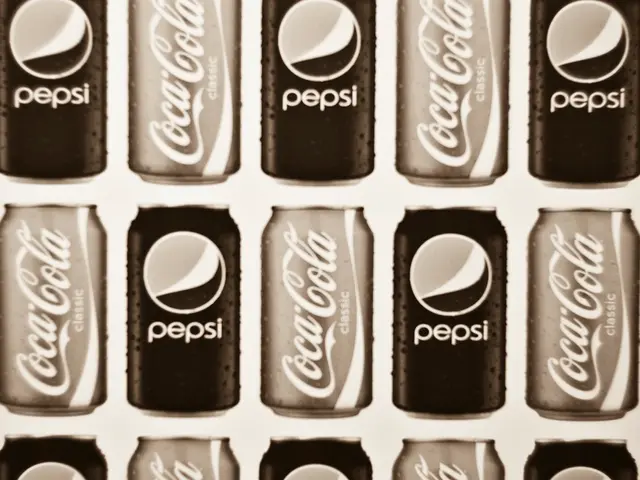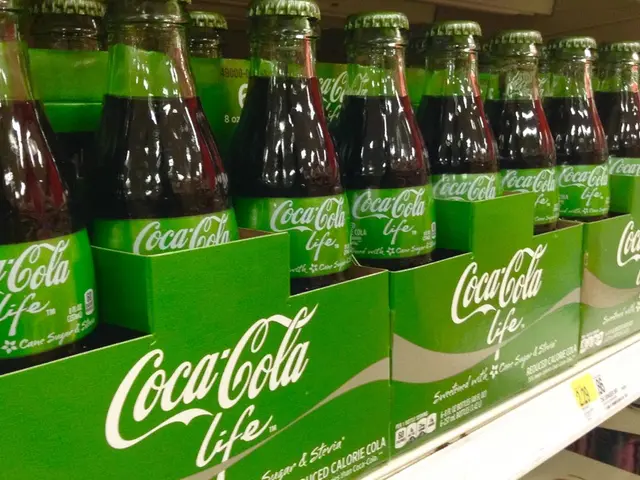"Financial Advisor Warns Against Using 'Buy Now, Pay Later' for Regular Expenses Due to Potential Risks"
Buy Now, Pay Later (BNPL) services like Klarna and Affirm are gaining popularity, allowing customers to defer payments for purchases such as gas, groceries, or clothes over several months. While these services can be a wise financial decision for organized and responsible individuals, keeping their money working for a longer period, they also pose risks that consumers should be aware of.
Before taking out any loan, including BNPL, it's crucial to understand the terms, including penalties for missed payments, associated fees, and whether the loan is necessary or just a temptation to keep money in your own account. Viewing small BNPL loans as not debt can lead to financial trouble, as it may encourage individuals to continue taking out loans they cannot afford to repay.
Buy Now, Pay Later loans can impact both financial health and credit scores. Currently, many BNPL providers do not report on-time payments to credit bureaus, so using BNPL responsibly often does not help build credit. However, missed or late payments usually are reported and can harm credit scores because they indicate delinquency. Starting in the fall of 2025, credit reporting firms including FICO will begin incorporating BNPL loan data into consumers' credit reports. This change means BNPL usage will affect credit scores more directly—both positively (if payments are on time) and negatively (if payments are missed or late).
Financially, BNPL can pose risks. It encourages borrowing future income for purchases, which can lead to over-extension of debt. Consumer advocates warn about possible fees, added costs, and the risk of escalating interest rates if payments are missed, which could hurt personal budgets and credit health. The Federal Reserve noted that nearly a quarter of BNPL users were late on payments in 2024, highlighting real risks to consumers’ financial stability.
A missed payment on a BNPL loan can result in late fees of about $30, which is equivalent to 600% interest for one late payment on a $5 sandwich loan. With many BNPL loans, there are six opportunities to miss payments, which could make a small loan very expensive.
However, BNPL can be a useful alternative to a depleted or non-existent emergency fund for unexpected expenses. Thousands of people use 0% interest loans to fund expensive home repairs or renovations. Proper recordkeeping is essential to avoid overspending and financial trouble with BNPL or other loans.
In summary, the impact of BNPL on financial health and credit score depends on how responsibly it is used. Timely payments may help credit building from late 2025 onward, but late or missed payments could harm credit scores and increase debt risks. Users should monitor terms closely, consider fees, and avoid over-reliance on BNPL to protect their financial health.
This article was written by a contributing adviser and presents their views, not those of the Kiplinger editorial staff. For more guidance on debt management, building credit with BNPL, the hazards of BNPL, and related topics, visit our guides. The Kiplinger Building Wealth program provides financial advice from certified professionals, including CFP®, ChFC®, IAR, AIF®, CDFA®, and more.
Maintaining timely payments with Buy Now, Pay Later (BNPL) loans can help credit building from late 2025 onward. Conversely, missed or late payments can harm credit scores and increase debt risks.
For those considering BNPL services, it's important to recognize the potential fees, added costs, and the risk of escalating interest rates if payments are missed, which could affect financial health and credit scores significantly.






